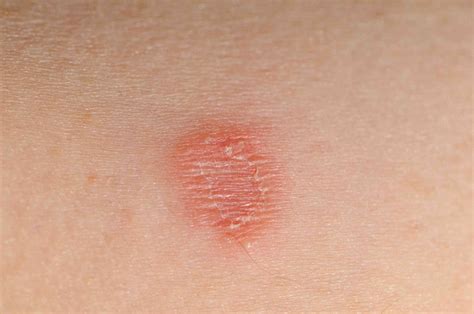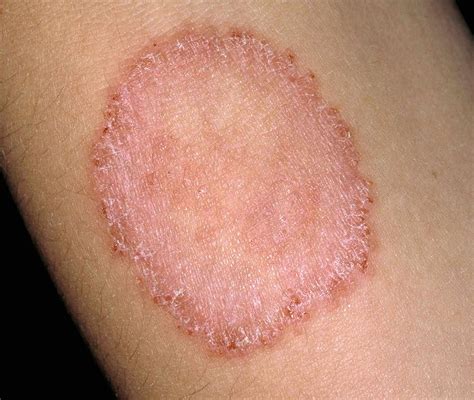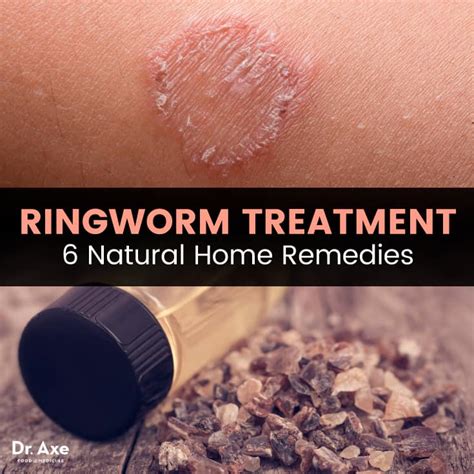Intro
Learn about Ringworm Of The Scalp, a fungal infection causing hair loss, itching, and redness, with treatments including antifungal medications and home remedies for scalp ringworm symptoms and prevention.
Ringworm of the scalp, also known as tinea capitis, is a common fungal infection that affects the hair shafts and follicles of the scalp. It is a contagious condition that can spread from person to person through direct contact or by sharing personal items such as combs, hats, or towels. Despite its name, ringworm is not caused by a worm, but rather by a type of fungus that feeds on the keratin in hair, skin, and nails.
The importance of understanding ringworm of the scalp cannot be overstated, as it can lead to significant discomfort, hair loss, and even long-term damage to the scalp if left untreated. Moreover, the condition can be mistaken for other scalp conditions, such as dandruff or eczema, which can lead to delayed diagnosis and treatment. In this article, we will delve into the world of ringworm of the scalp, exploring its causes, symptoms, diagnosis, treatment options, and prevention strategies.
Ringworm of the scalp is a significant concern for parents, as it can affect children of all ages, particularly those in close contact with others, such as in schools or daycare centers. According to the American Academy of Pediatrics, ringworm of the scalp is one of the most common fungal infections in children, affecting up to 10% of children in the United States. The condition can also affect adults, particularly those with weakened immune systems or who are taking immunosuppressive medications.
Causes and Risk Factors

Types of Fungi
There are several types of fungi that can cause ringworm of the scalp, including: * Trichophyton: This type of fungus is the most common cause of ringworm of the scalp and can be spread through direct contact with an infected person or animal. * Microsporum: This type of fungus is commonly found in soil and can be spread through contact with contaminated objects or surfaces. * Epidermophyton: This type of fungus is less common and typically affects the skin, rather than the scalp.Symptoms and Diagnosis

Diagnosing ringworm of the scalp typically involves a physical examination, medical history, and laboratory tests, such as:
- Wood's lamp examination: This test uses ultraviolet light to detect the presence of fungi on the scalp.
- Fungal culture: This test involves taking a sample of hair or skin from the affected area and culturing it in a laboratory to identify the type of fungus.
- KOH examination: This test involves taking a sample of hair or skin from the affected area and treating it with potassium hydroxide (KOH) to dissolve the skin cells and reveal the presence of fungi.
Complications
If left untreated, ringworm of the scalp can lead to several complications, including: * Kerion: A severe and painful inflammation of the scalp that can lead to scarring and permanent hair loss. * Folliculitis: An inflammation of the hair follicles that can lead to scarring and permanent hair loss. * Secondary bacterial infections: Bacterial infections, such as impetigo or cellulitis, can develop in the affected area, leading to further complications.Treatment Options

Home Remedies
In addition to medical treatment, there are several home remedies that can help to alleviate the symptoms of ringworm of the scalp, including: * Apple cider vinegar: Applying apple cider vinegar to the affected area can help to reduce inflammation and prevent the spread of the infection. * Tea tree oil: Applying tea tree oil to the affected area can help to reduce inflammation and prevent the spread of the infection. * Coconut oil: Applying coconut oil to the affected area can help to reduce inflammation and prevent the spread of the infection.Prevention Strategies

Public Health Measures
Public health measures can also play a crucial role in preventing the spread of ringworm of the scalp, including: * Educating the public about the risks and prevention strategies * Implementing infection control measures in schools and daycare centers * Providing access to medical treatment and diagnosisWhat is the most common cause of ringworm of the scalp?
+The most common cause of ringworm of the scalp is a type of fungus, such as Trichophyton, Microsporum, or Epidermophyton.
How is ringworm of the scalp diagnosed?
+Ringworm of the scalp is typically diagnosed through a physical examination, medical history, and laboratory tests, such as a Wood's lamp examination, fungal culture, or KOH examination.
Can ringworm of the scalp be prevented?
+Yes, ringworm of the scalp can be prevented through good hygiene practices, such as washing hands regularly, avoiding sharing personal items, and keeping the scalp clean and dry.
In conclusion, ringworm of the scalp is a common and contagious fungal infection that requires prompt medical attention and good hygiene practices to prevent its spread. By understanding the causes, symptoms, diagnosis, treatment options, and prevention strategies, individuals can take steps to protect themselves and others from this condition. We invite readers to share their experiences and ask questions in the comments section below, and to share this article with others who may be affected by ringworm of the scalp. Together, we can work to raise awareness and promote prevention of this condition, and to support those who are affected by it.
